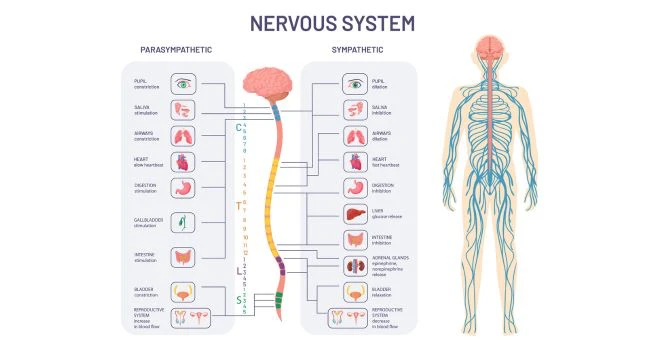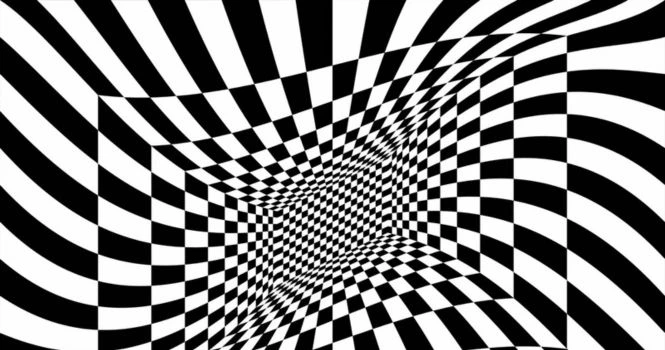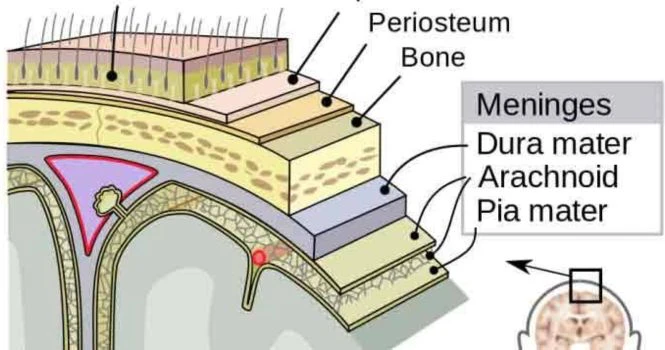The most important organ in the human body is, undoubtedly the brain.
The blood supply to this vital organ is of paramount significance for the person to be alive.
Major divisions are cerebrum, cerebellum, medulla oblongata and pons.
Cerebrum is divided into lobes
• Frontal Lobe
• Parietal Lobe
• Temporal Lobe
• Occipital Lobe
Frontal Lobe: Responsible for motor functions, problem solving and judgement. Trauma to the frontal lobe can lead to personality changes.
Parietal Lobe: Responsible for sensations, knowledge of numbers and manipulates body functions and objects
Temporal Lobe: Responsible for memory and hearing. Formation of long term memories happen in hippocampus located within this lobe.
Occipital Lobe: Responsible for brain’s visual processing system and location of visual cortex.
Cerebellum:
It is located at the base and at the back of the brain and mainly responsible for balance and co-ordination
Meninges: A layer of tissue, which surrounds the brain. Inflammation of this layer is called Meningitis.
Medulla Oblongata: Centers which control vital processes like heart rate, respiration, blood pressure and swallowing.
Pons: Located in the brain stem, which contains nuclei, which relays signals from forebrain to cerebellum.













